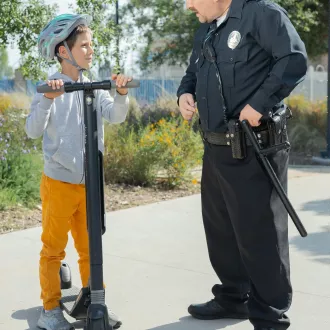Transcription How to reward and recognize effort and a job well done?
Recognition and reward are two important aspects in the process of fostering children's independence. Children need to feel that their effort and work are being valued and appreciated. Reward can be an incentive to continue their good performance, and recognition can help build their self-esteem and self-confidence. However, finding the right way to recognize and reward children for their work can be a challenge.
Identify what you want to recognize and reward.
The first step in rewarding and recognizing effort and a job well done is to clearly identify what you want to recognize and reward. This may include successfully completed tasks, positive behavior, academic achievements, or any other accomplishments you have set out to achieve. It is also important to be specific about what you are recognizing and rewarding. For example, instead of saying "good job," you can be more specific and say "I loved how you did that task with care and attention to detail."
Use positive reinforcement
Positive reinforcement is an effective way to reward and acknowledge children's effort and a job well done. Positive reinforcement can take many forms, from a simple pat on the back to a more substantial reward. For example, a piece of candy or a small toy can be offered as a reward for doing a task well. Another form of positive reinforcement is to praise the child verbally. By praising the child, you are telling him that his effort and work are important and valued.
Use negative reinforcement with caution
Negative reinforcement, such as punishments or threats, is not an effective way to reward and recognize a child's effort and a job well done. If negative reinforcement is used, it can have negative effects on a child's behavior and self-esteem. Instead of punishing or threatening, you can talk to the child about how he or she can improve and give the child the opportunity to do well next time.
<
reward work




